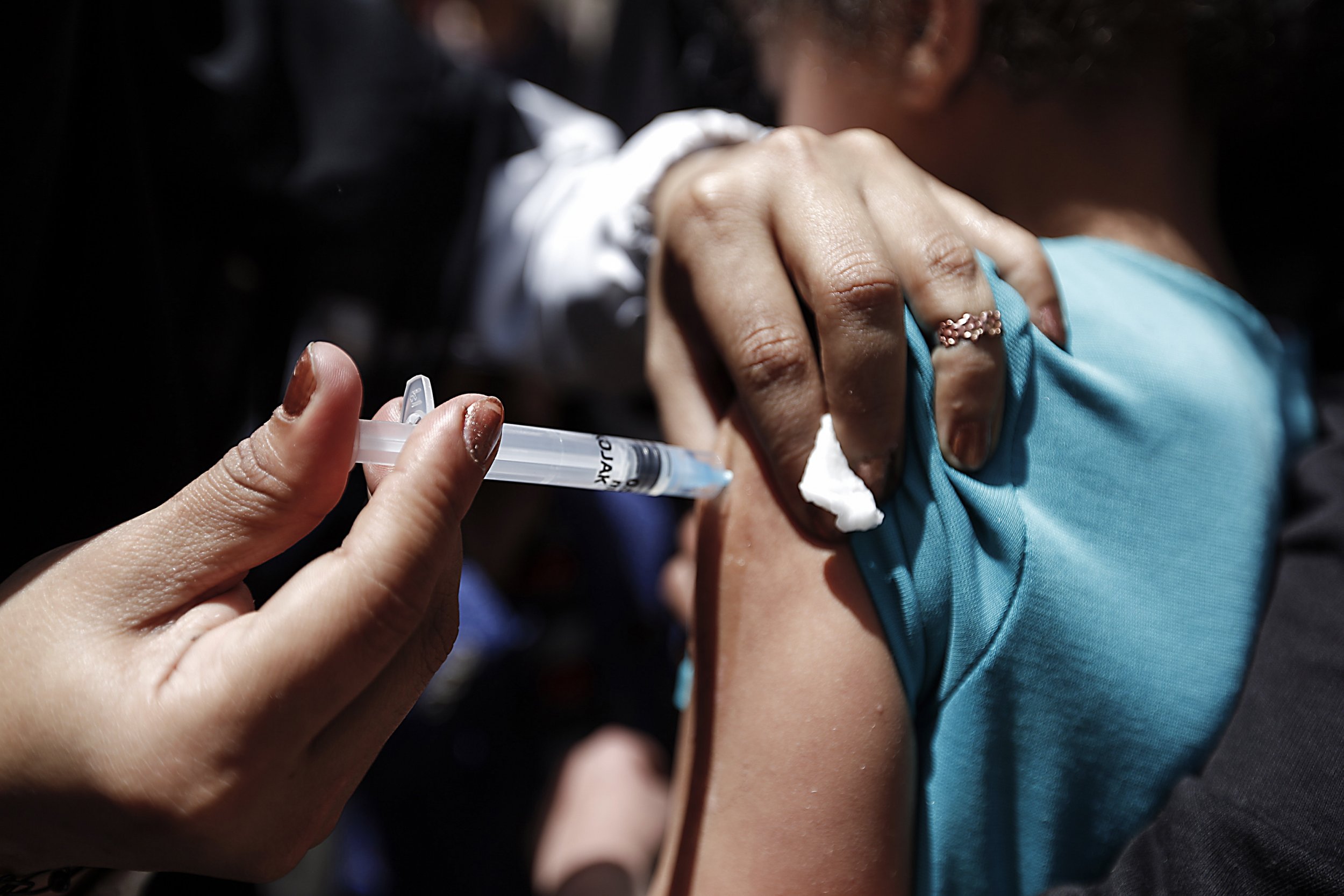
Vaccines are only available in injection form, but researchers in the United Kingdom have taken a major step forward in perfecting the world's first pill vaccine treatment. Researchers hope that pill vaccines may allow these life-saving medications to become more accessible in developing countries.
In a study published online in the Journal of Clinical Investigation, researchers in Cardiff, Wales, revealed their latest development in a potential flu vaccine, which would be administered in an oral form. The pill vaccine is not yet developed, but the team has created a nonbiological peptide, the BBC reported, a critical step in the eventual creation of a pill vaccine.
Related: Strep vaccine could save lives and reduce health care costs—so why don't we have one
Traditional vaccines work by introducing a safe form of the virus into the body. This is often a part of the virus called a peptide, or a chain of amino acids, The BBC reported. This virus peptide is enough to spark an immune response but not enough to cause illness. In addition, because the immune system is now prepared to fight off this virus, the body is now immune from future infections. However, biological peptides must be administered in an injection form.
The team's nonbiological peptides are similar to biological ones found in vaccine shots, but have one major difference: They cannot be digested. This means, if swallowed, the peptides would not be broken down and expelled from the body. Rather, they would be absorbed into the bloodstream. This would allow them to trigger antibodies and have the same effect as biological peptides that were injected.
Related: Is it a crime to avoid vaccines? People who refuse are being punished with jail and job loss
The ultimate goal, an oral vaccine, would not just be a painless alternative, but might help get these drugs to more developing countries and difficult-to-reach areas.
"They can also be much easier to store and transport, making them far more suitable for use in remote locations where current vaccine-delivery systems can be problematic," lead study author Andrew Sewell, a researcher at Cardiff University's school of medicine and lead study author, told The BBC.
So far, these man-made peptides have proved to be just as effective as natural ones when used on mice. In addition, the peptides triggered an antibody response in human cells in a lab dish. However, the team emphasizes that this prototype is nowhere near being able to be tested on humans.
Uncommon Knowledge
Newsweek is committed to challenging conventional wisdom and finding connections in the search for common ground.
Newsweek is committed to challenging conventional wisdom and finding connections in the search for common ground.





